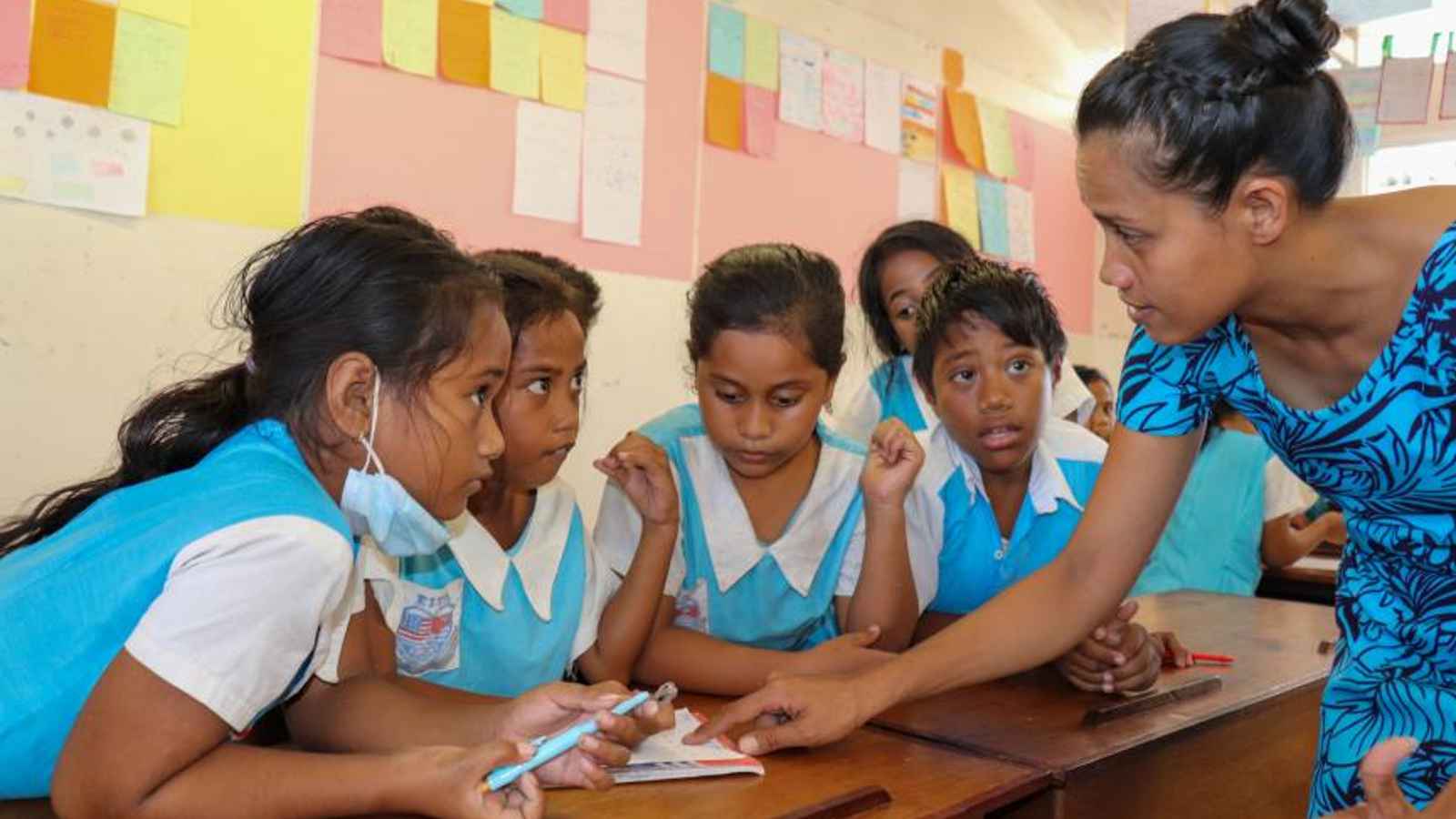Stricter state laws: Federal funding worth tens of thousands of dollars were given to twelve state or local organisations with the intention of monitoring teenagers’ sexual behaviour and attempting to reduce the incidence of teen pregnancy and STDs.
The withdrawals show a trend in which some Republican-led legislatures are more rigidly regulating when and what kids learn about their bodies, significantly complicating and polarising sex education in K–12 schools. The new regulations are a part of a larger effort to strengthen “parents’ rights” and ban LGBTQ+ information from schools, two key issues that have dominated the GOP presidential primary race.
Experts are worried that students won’t be able to learn about puberty, safe sexual activity, or relationship violence in a reliable manner, which they believe is especially crucial given the rise in STDs following the pandemic and the more restricted access to abortion.
A trained, reliable adult is essential for children and adolescents to obtain accurate information as opposed to other, less reliable sources like social media, according to Anne-Marie Amies Oelschlager, a paediatric and adolescent gynaecologist at Seattle Children’s Hospital.
We only raise risk when we stop discussing these issues or attempt to sweep them under the rug, she said.
A government poll from 2021 revealed that fewer teenagers were sexually active, but federal data from the same year also suggested that half of all STD cases were among teenagers and young adults. The terminology used to talk about sex is changing for the younger generations.
This year, lawmakers approved laws prohibiting the teaching of human sexuality before the fourth grade in Indiana and before the fifth grade in Arkansas. Before the sixth grade, Kentucky teachers are not permitted to discuss sexuality or sexually transmitted illnesses, and older kids require parental permission. Several states demand that parents opt in to instruction rather than out.
Global Education Monitoring Report 2023: Kerala receives special mention in UNESCO report
Stricter state laws are chipping away at sex education
In Florida, state officials must approve any grade level’s sexually transmitted diseases, human sexuality, and reproductive health curriculum. The state body stated in a letter that the curriculum needed to be reviewed by the end of September
According to Alison Macklin, director of policy and advocacy at the progressive sex education organisation SIECUS, early education limits may hinder children from receiving age-appropriate fundamental knowledge that they expand on each year.
She questioned, “You were never going to teach a first grader a trigonometry lesson, right?” But for them to be able to do it in high school, they need to have a fundamental understanding in first grade.
According to Macklin, “sex education is exactly the same,” and if young people haven’t already acquired “foundational things like correct terminology for body parts,” they won’t be ready for puberty.
For girls, puberty starts between the ages of 8 and 13, and it usually happens two years later for boys. In Kentucky, for instance, the state’s education department instructed schools to stop teaching about puberty and reproductive organs in fifth grade in order to comply with the new rule.
According to monitoring by the Guttmacher Institute, a research organisation that promotes abortion rights, 28 states require sex education and 35 require HIV education. Most states mandate that abstinence be a part of any training on preventing disease or sex-related issues, with most allowing parents to choose otherwise.
Why Stricter state laws were implemented?
While many states have restricted sex education, some have formalised inclusive and thorough guidelines. For instance, Massachusetts, which last updated its sexual health education standards in 1999, recently published new recommendations.
Millions of dollars are given to programmes by the U.S. Centres for Disease Control and Prevention and the U.S. Department of Health and Human Services with the intention of fostering safe environments, preventing diseases, and tracking teen behaviour.
After lawmakers failed to approve the spending during the legislative session, the HHS grant for personal responsibility education programmes, or PREP, was no longer managed by Idaho’s Division of Public Health as of July 1.
The organization’s director, Hope Crenshaw, stated that the low percentage of counties indicates that “a lot of young people aren’t getting that information and many of them are getting it based on their zip code.”
Young people want knowledge to protect themselves
One of them is Kayla Smith. The University of Mississippi freshman, who is 18 years old, volunteered to work as a youth advocate for Teen Health Mississippi, engaging her peers and responding to their inquiries.
In Mississippi, talking about sex is “taboo,” according to Smith. She only ever participated on one optional sex education day in middle school.
She remarked, “I wanted to learn about healthy relationships and contraception options. She contends that abstinence-only education involves “withholding information about those important details that can help people make safe and informed health choices.”



